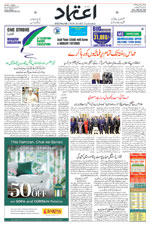Sonic attacks: US embassy fears spread to China
Thu 24 May 2018, 12:56:03
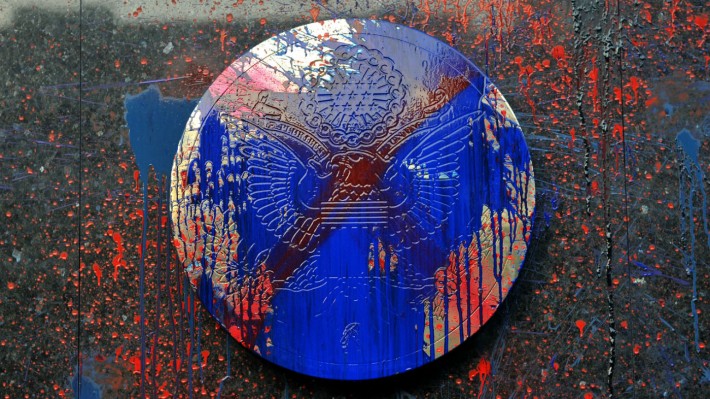
US embassy workers in China have been warned they may be at risk of ‘sonic attacks’ after a consulate employee reported abnormal sensations of sound and pressure.
The staff member suffered a “variety of physical symptoms” between late 2017 and April 2018 while working at the US consulate in the city of Guangzhou, said embassy spokeswoman Jinnie Lee. He or she was flown back to the US last week and diagnosed with mild traumatic brain injury.
The State Department warning extends to all American citizens in China, urging them to seek medical help if they feel similar symptoms.
US Secretary of State Mike Pompeo said the incident and symptoms were “very similar” and “entirely consistent” to those experienced by American diplomats posted in Havana.
In November 2016, US diplomats based in Cuba started to complain of odd ailments, including dizziness, nausea and hearing problems. More than 20 US government workers who had been stationed in Cuba at the time were later found to have some brain abnormalities.
However, CNN says the cause of those incidents “still remains a mystery”, and The Guardian reports that “some doctors and scientists said they believed the situation was being spun for political gain”.
At one point investigators
suspected they had been the victim of a ‘sonic attack’ or electromagnetic weapon. It prompted a reduction of staff at the recently re-opened embassy in Havana despite little scientific evidence to back up the US claims of foul play.
suspected they had been the victim of a ‘sonic attack’ or electromagnetic weapon. It prompted a reduction of staff at the recently re-opened embassy in Havana despite little scientific evidence to back up the US claims of foul play.
In October the US government also expelled 15 Cuban diplomats for what it said was Cuba’s failure to protect its staff in Havana.
The New York Times says “it is unclear what might drive Chinese agents to risk inflicting brain injury on an American government employee, especially in a heavily commercial posting like Guangzhou”.
China does have form in this area, however, having been formally accused by the US in May of pointing military-grade lasers at a US military aircraft near Djibouti, where both countries have bases, causing two US pilots to suffer mild eye injuries.
So far the state department has not accused China of responsibility for the incident in Guangzhou, but it does come at a time of increased tension between the two countries amid fears of a trade war.
The incident is being treated “very seriously”, said Pompeo, who confirmed that medical teams were heading to Guangzhou to investigate. A US embassy official told Reuters: “We cannot at this time connect it with what happened in Havana, but we are investigating all possibilities.”
No Comments For This Post, Be first to write a Comment.
Most viewed from International
Most viewed from World
AIMIM News
Delhi Assembly polls: Owaisi leads Padyatra in Okhla
Feb 01, 2025
We reject this Waqf Amendment Bill: Asaduddin Owaisi
Jan 30, 2025
Latest Urdu News
Most Viewed
May 26, 2020
Which team will win the ICC Men's Champions Trophy 2025 held in Pakistan/Dubai?
Latest Videos View All
Like Us
Home
About Us
Advertise With Us
All Polls
Epaper Archives
Privacy Policy
Contact Us
Download Etemaad App
© 2025 Etemaad Daily News, All Rights Reserved.

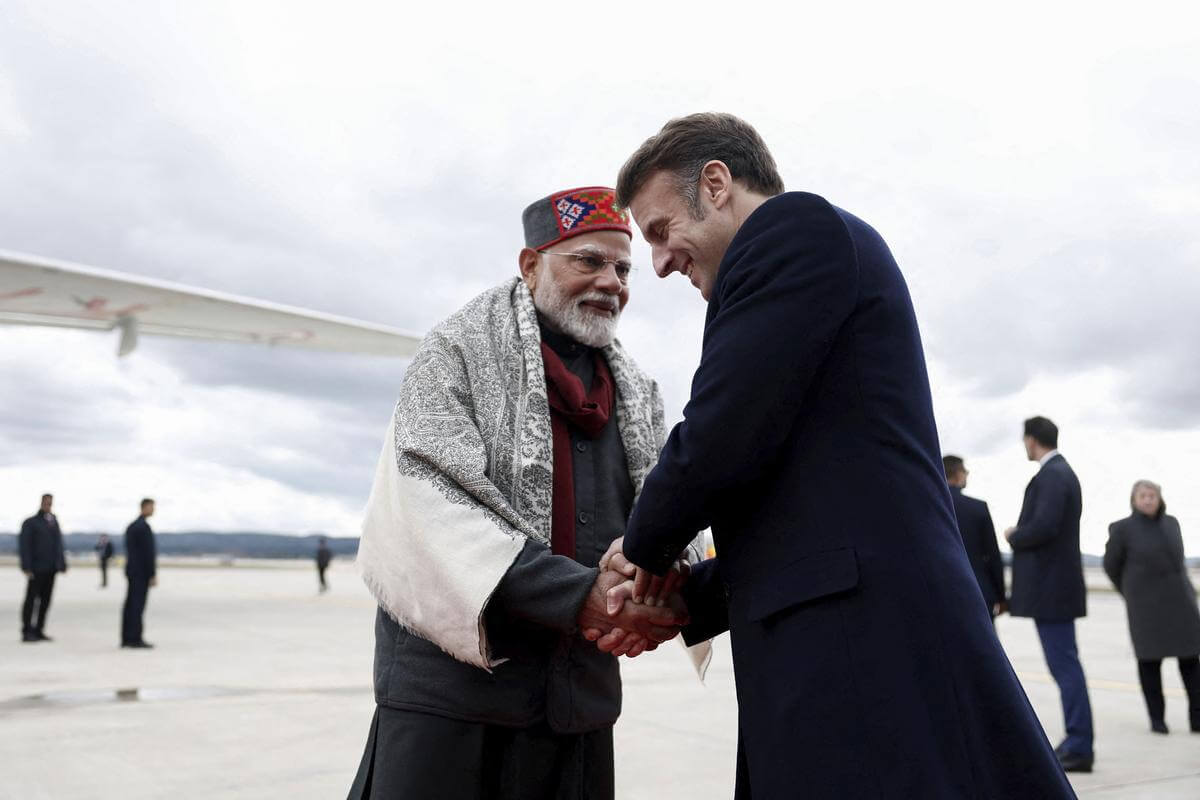
.jpg)
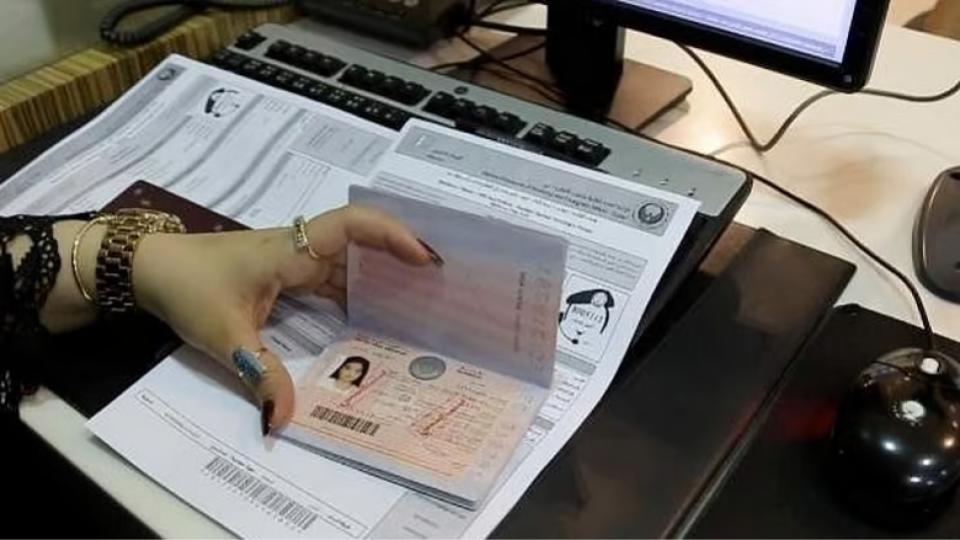
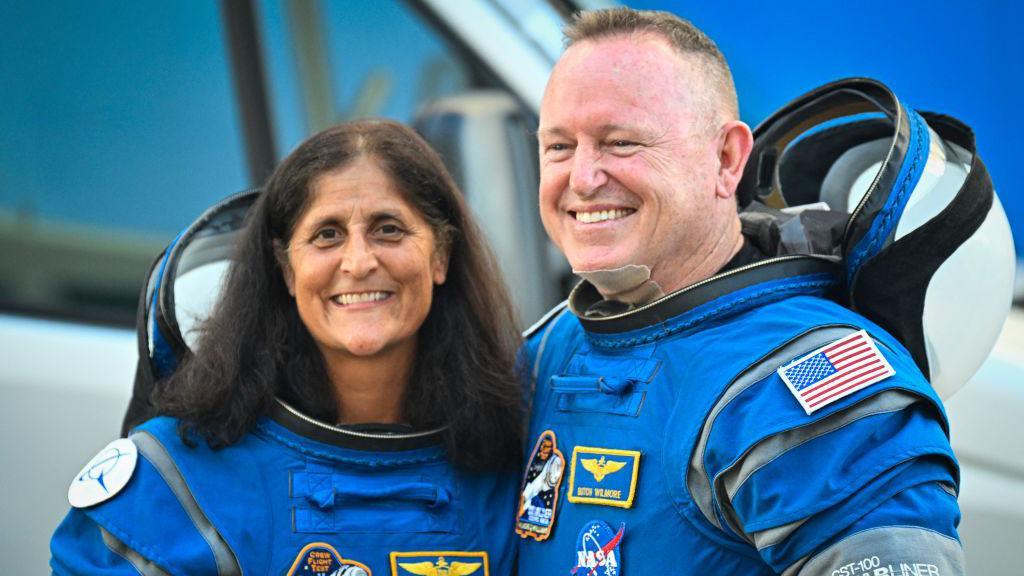

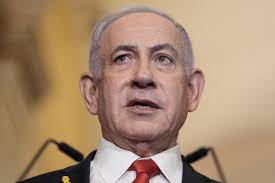

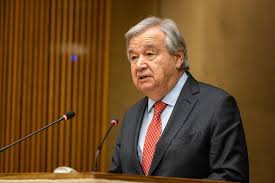
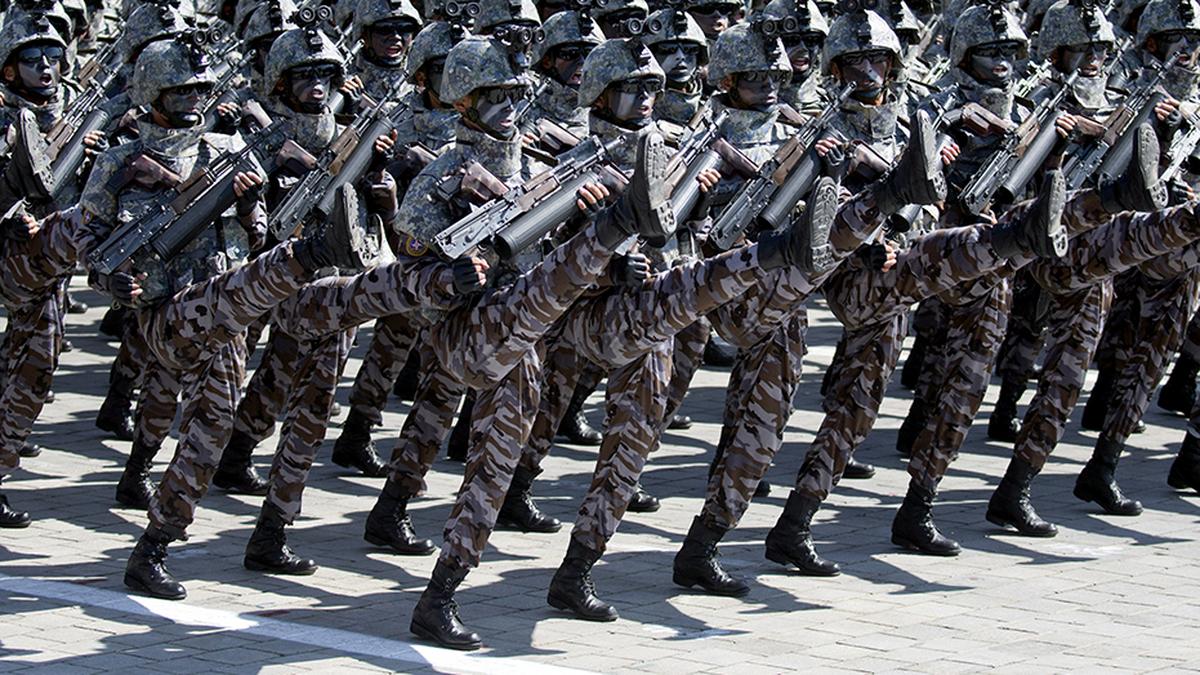

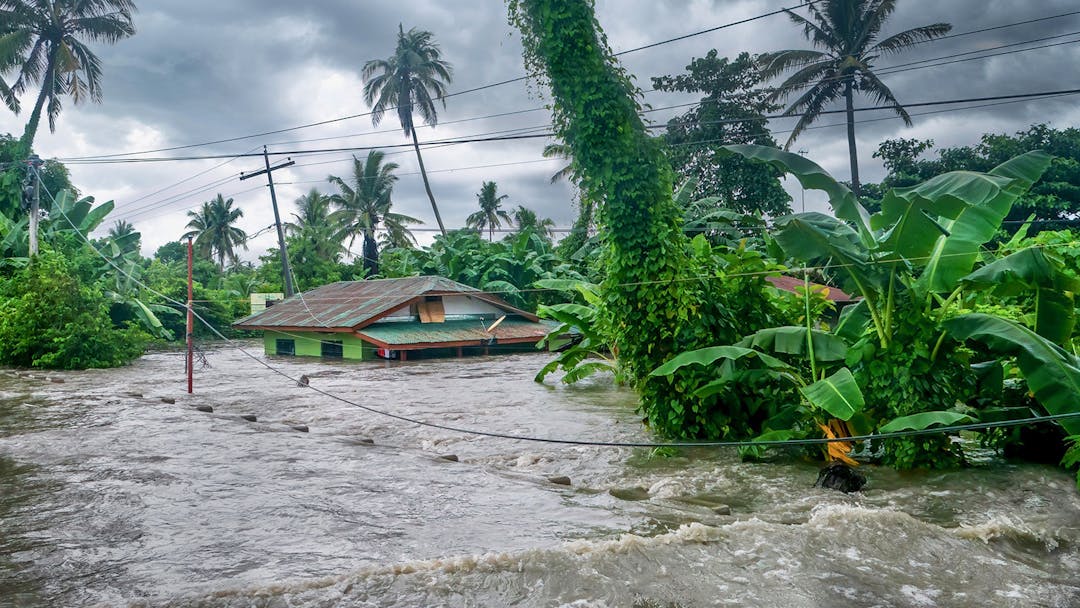

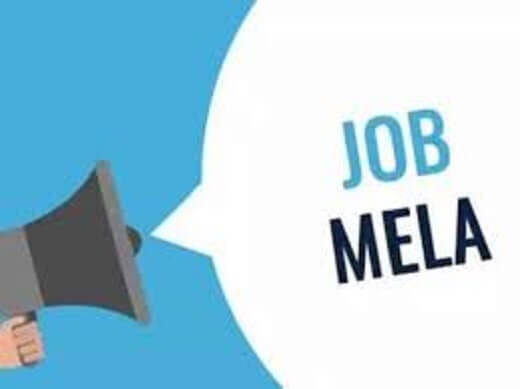
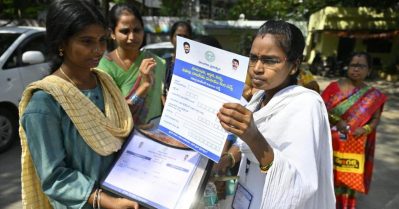
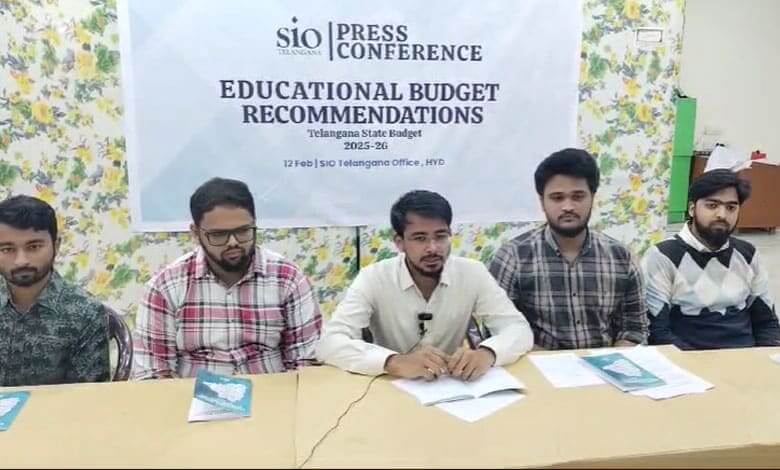
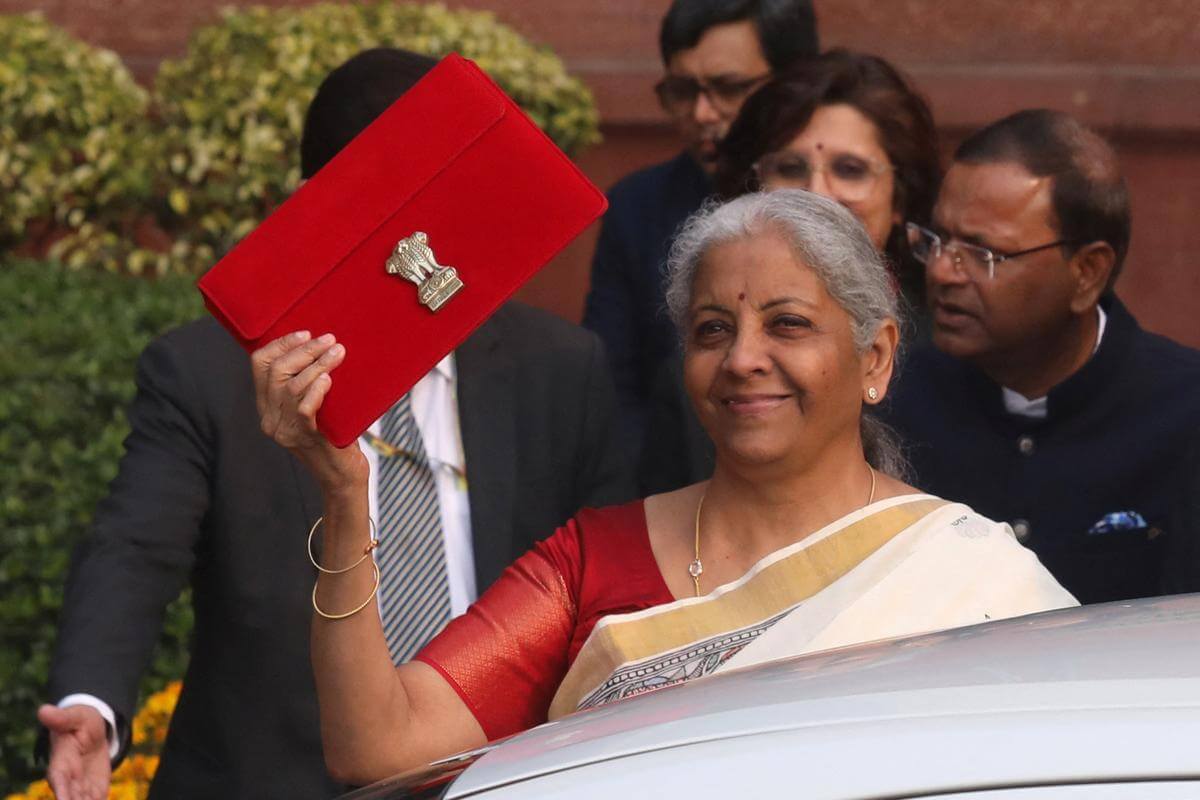

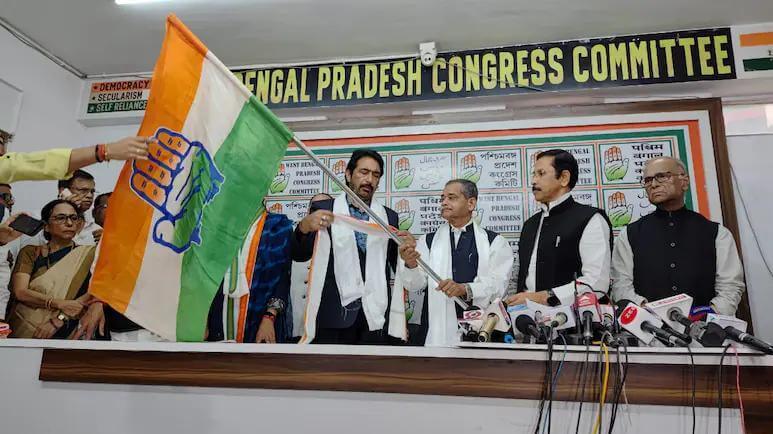

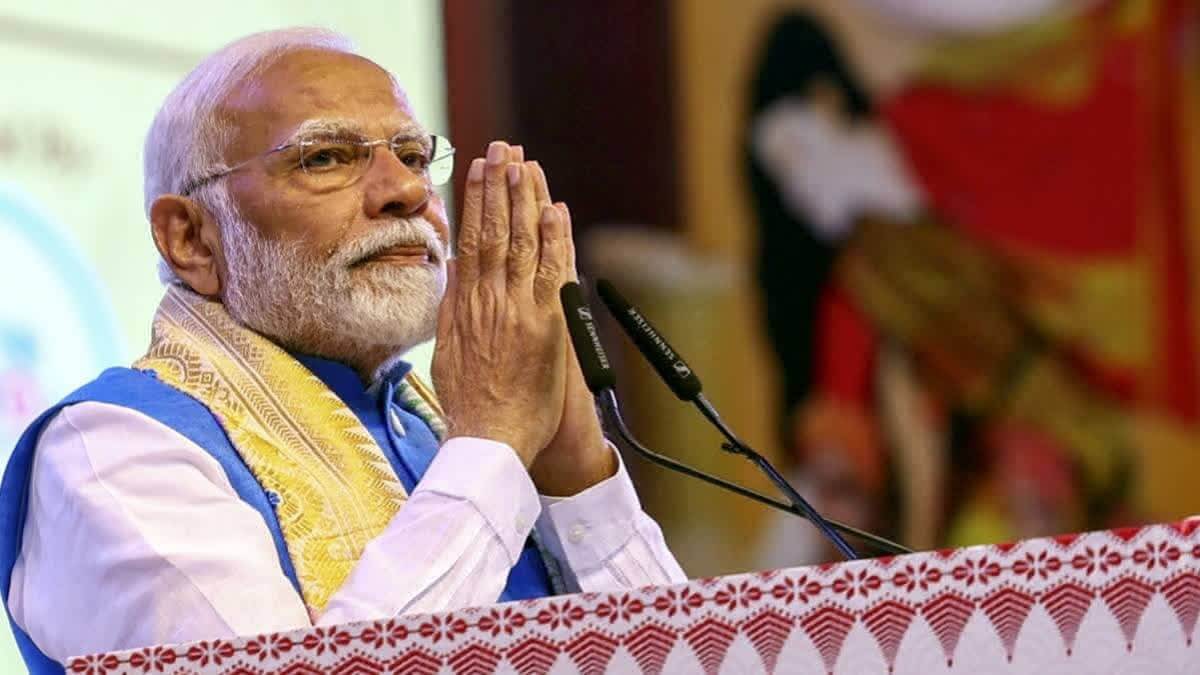
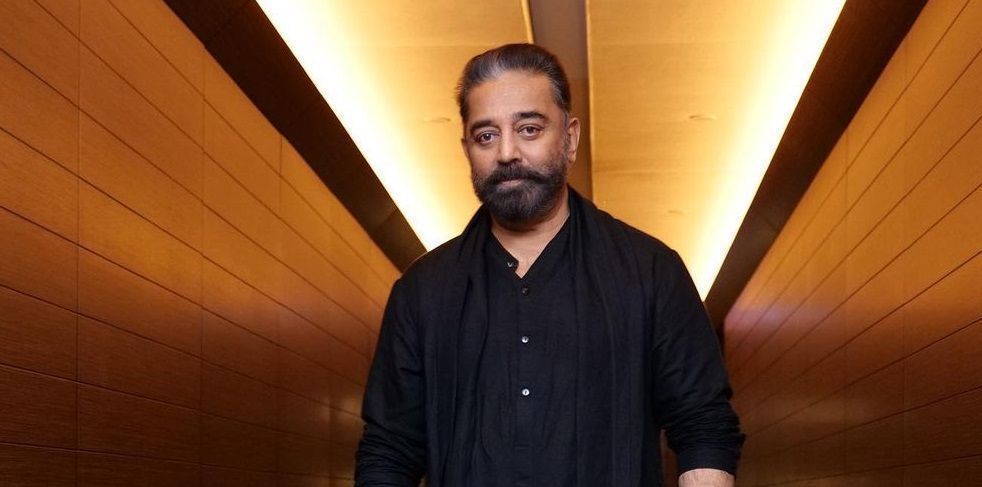

.jpg)
.jpg)

